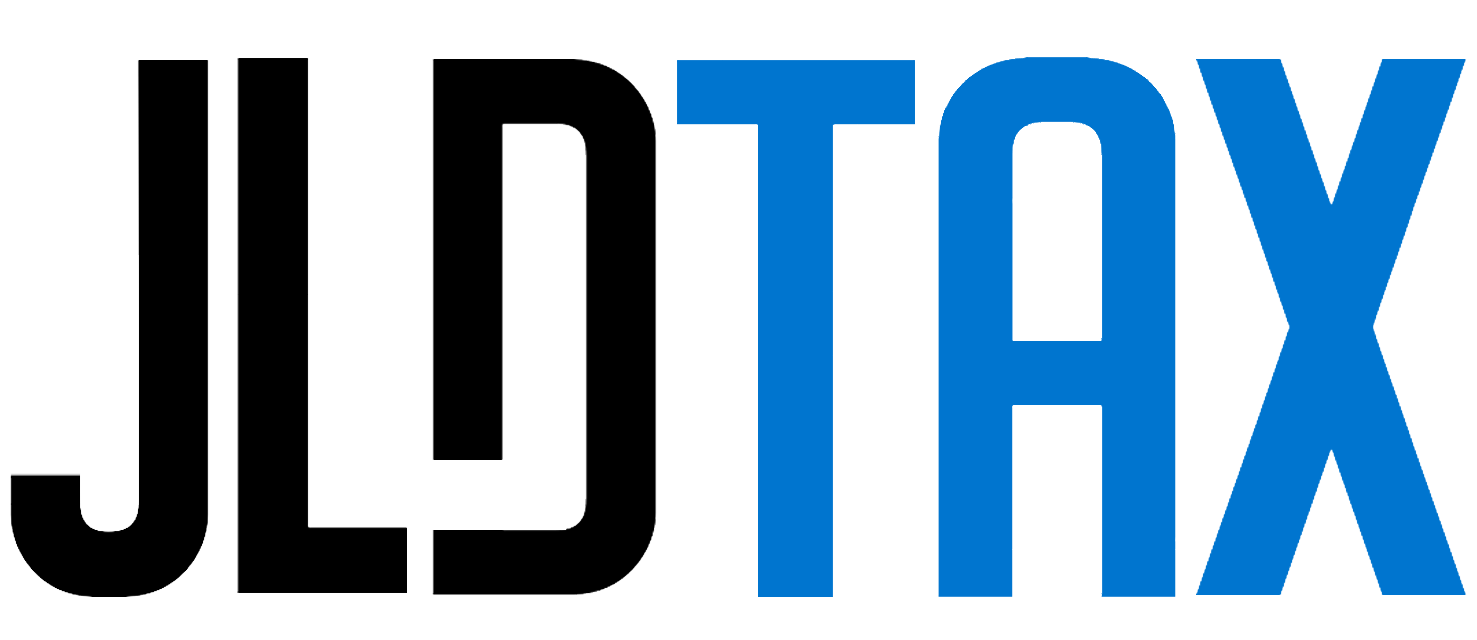Yes, it’s actually true, this happened yesterday, so I decided to change my topic and go through this with you.
So this client came to me in 2016. She had owned a day care center and starting in 2010 she came into financial distress. Her husband worked in real estate and was over leveraged and basically lost all of their money. They got divorced, she had two kids, so she stopped paying payroll taxes on her business. She tried a few different times to get back in order and she would pay some of the taxes and then stop.
At some point around 2014 she was able to get into what’s called CNC or Currently Not Collectible. What that means is the IRS will not pursue collection activities against you b/c you are going through some type of financial hardship. They are supposed to check your financial situation every year and request you file a financial statement.
In 2016 a revenue officer was assigned to the case and started to look into the taxpayers business and finances and took her out of CNC. The taxpayer got a notice of intent to levy her account and that’s when she called me. The first thing was call the officer and request 30 days to go over her case, I think he gave me two weeks.
I got IRS transcripts to see what her liabilities were and if she needed to file any outstanding returns b/c you can’t enter into any settlement or even a basic installment plan if you are not in compliance meaning you haven’t filed all of your returns. Of course she some outstanding payroll returns and to get the records to file them took a long time, more then we were granted, so to avoid collections we filed whats called a collections due process hearing, which stopped collections for two months.
At this point we decided to close the daycare. It wasn’t making much money and buy closing the daycare, b/c the entity was a Corp the taxpayer was able to walk away from a large portion of the tax debt.
Payroll Taxes are Trust Fund Taxes, and an individual, or responsible person is subject to the Trust Fund Recovery Penalty (TFRP) is subject to pay only the employee portion. So by closing the business, the debt gets cut by over 50%. So this tax debt that was over $120K at the time got got cut to $45K.
The IRS can try and seize the business assets (equipment or cash that was in the account).
At this point, we got lucky, b/c a new agent was assigned to this case, and he basically told me he did not want to waste any more time on collections. If you are using the business for personal expenses they could technically come after for you that but they would have to prove that.
So we then filed the Offer in Compromise. YOU MUST PROVE TO THE IRS THAT YOU WILL NEVER BE ABLE TO PAY THE IRS BACK WITHIN THE STATUTE. The IRS has 10 years to collect its debt from the time it’s filed and from the time it is assessed. So if you never file and you go back and file old returns the statute begins when you file.
You get a set amount for household and general living expenses. Her husband was contractor and he had back surgery, so conveniently we used the income from the period of him recovering from back surgery which was a lot lower. The home they lived in was in the husband’s name, they had separate bank accounts and she really had no other assets.
